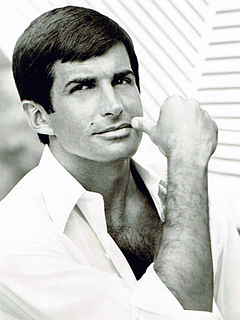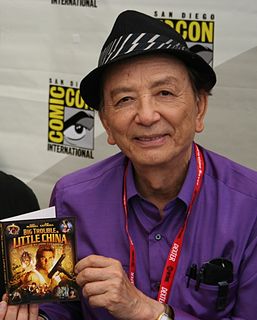A Quote by Dee Rees
Once your film is done, you can't explain to people what something was supposed to be. You can't give them footnotes. It all has to be there.
Related Quotes
If I may bend your ear for a moment, I like Terry Pratchett. I like footnotes. I like footnotes even when they are not as entertaining as a Pratchett footnote, even when they are in the middle of a book on evolutionary biology and briefly explain the Red Queen hypothesis or the fate of the Stephen's Island Wren or how many bunnies can dance on the back of Australia. Footnotes fill me with a very mild glee. The endnote simply does not compare.
Entertainment was transportation. You were supposed to take somebody out of their seat and bring them back in. You’re not supposed to impose your values or your supposed knowledge to manipulate or control people. That was not your job. You were not supposed to use the bully pulpit of Hollywood to pound people with ideas. You’re there to entertain.
It's always better to shock people and change people's expectations than to give them exactly what they think you can do. It's not unexpected for me to be in a comedy film anymore; I'm no longer the underdog in that world. Not that I'm great or good at it or anything, it's just that I've done a bunch of them, so you're not shocked.
Why do you never find anything written about that idiosyncratic thought you advert to, about your fascination with something no one else understands? Because it is up to you. There is something you find interesting, for a reason hard to explain. It is hard to explain because you have never read it on any page; there you begin. You were made and set here to give voice to this, your own astonishment.
A why has to be for others. It's something you give to the world. It's the reason your friends love you because this is the thing that you give them and it fulfills them. This is the reason your clients love you or your fans love you because you give them something. It's something to offer, that's what the why is.





































